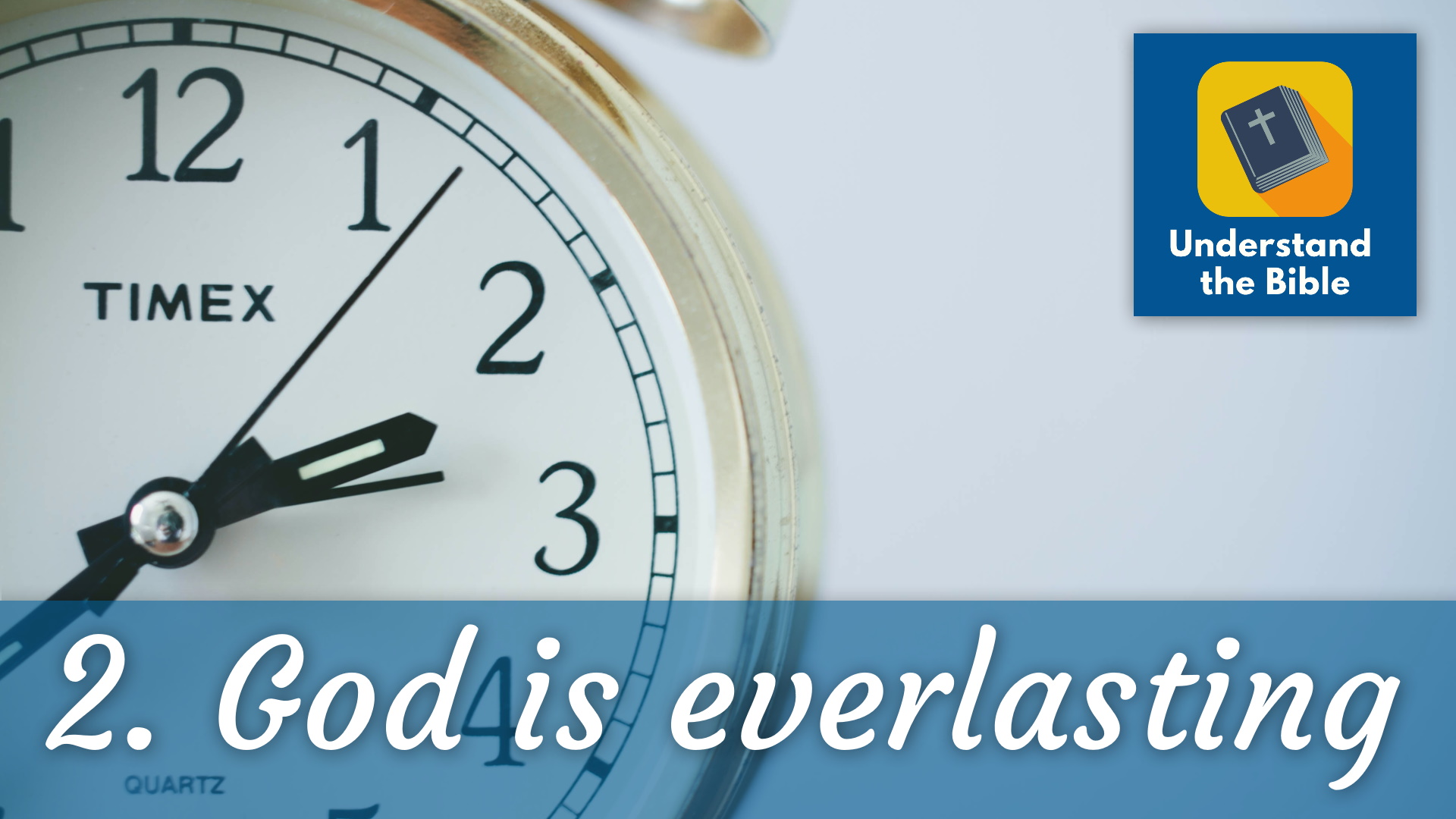In this fourth part of the Get to know God series, we’re going to be looking at God’s simplicity, or the fact that God is “without parts”. Now, simplicity is probably the most misleading word in the theological dictionary! It’s a very particular definition of simplicity which has very little to the way that we use the word in common speech. It is important, however, because I think it has a direct bearing on issues in our society today.
But let’s go into what simplicity is. Let’s start out by thinking about a jigsaw.
Continue reading “God is… simple (without parts)”



